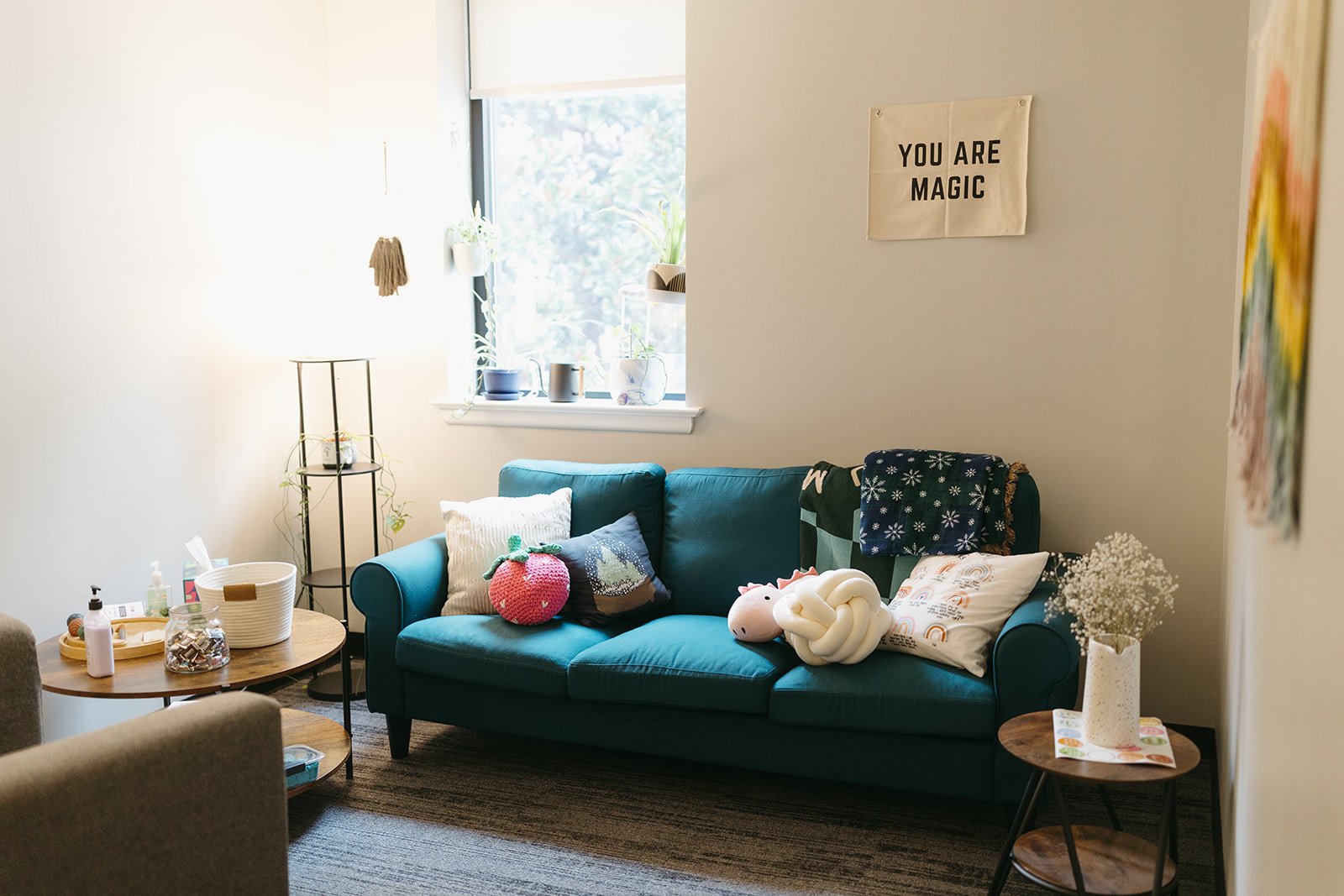
Attachment Therapy
Attachment and relationally-based therapy are at the foundation of what we do. At our practice, we honor the unique narratives that each individual brings, valuing the intersections of identity and relationships. Our attachment and relationally-based therapy approach goes beyond traditional methods by placing your relationships and personal experiences at the heart of the healing process. With this approach, the client-therapist relationship is based on developing or rebuilding trust and centers on expressing emotions. We believe that fostering secure and supportive connections can empower you to navigate the complexities of gender affirmation.
Our therapeutic approach recognizes that our connections with others shape our sense of self and identity, especially during the transformative process of embracing one's true gender. Our skilled therapists provide a compassionate and affirming environment where you can explore your gender identity and expression freely. We understand that your journey is as unique as you are, and we tailor our therapeutic techniques to meet your specific needs. Through collaborative exploration, we aim to help you build a stronger sense of self, navigate familial and social dynamics, and cultivate a network of relationships that uplift and empower your true identity. Through this relational work, we support you in feeling more secure in relationships, recovering from people-pleasing, codependent patterns, and confidence in setting boundaries.
Our therapists can support you in identifying your attachment patterns, and also help you build knowledge and skills to support you in your relationships. Often folks are coming to us with an insecure attachment style and there is NO shame in that. So many of us experienced attachment wounds from our family of origin that are still impacting us today. See below for a few examples of how various attachment styles may show up in your relationships.
Throughout the therapeutic process, we help you move towards becoming more securely attached, as the therapist provides a corrective attachment experience that you may not have had in childhood. The therapist becomes the “safe other” for you to return to after exploring the world in between sessions. We prioritize and value the importance of this relationship and will work with you to create a container of safety. Our approaches are somatic in nature as well as experiential, we will help you build confidence, resilience, and self regulation skills that will assist you in navigating your relationships and life’s ups and downs in a healthy way.
If you want to learn more about your attachment style, and how it's impacting you, we recommend checking out Harvard’s Attachment Style Project website, or Instagram. We also recommend reading the books Polysecure or Attached, and/or watching this video featuring 9 tips for the anxious attachment style.
Want to chat more? Fill out our new client inquiry form if you’re interested in exploring your attachment style, or just want to say hi.

